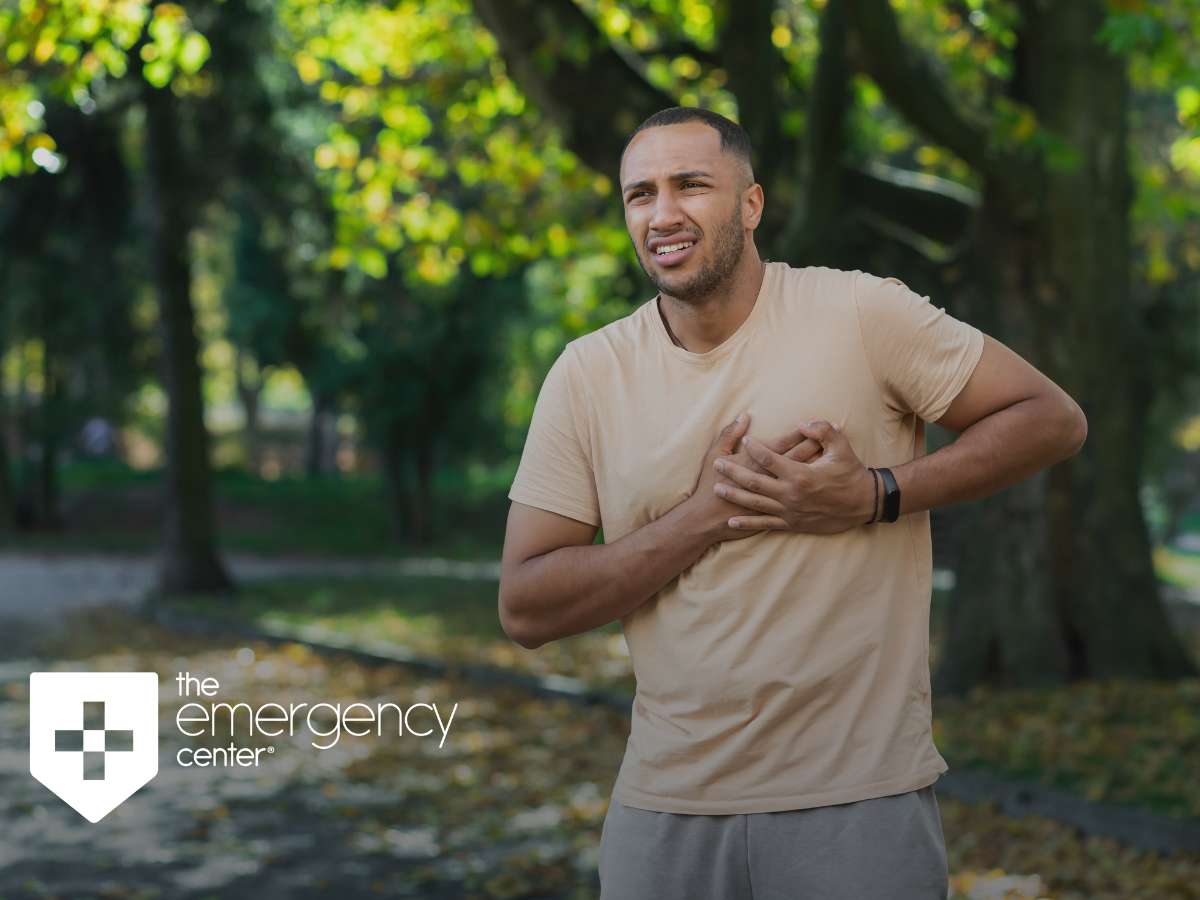Understanding Rapid Heartbeat: When Should You Go to the ER?
Recognizing Critical Symptoms of Tachycardia
A rapid heartbeat, also known as tachycardia, can be a frightening experience. It’s not uncommon to feel your heart pounding in your chest from time to time, especially in stressful situations or during physical activity. However, there are instances when a rapid heartbeat can signal a more serious medical condition that requires immediate attention. In this blog, we’ll explore the causes of rapid heartbeat and discuss when it’s essential to go to the emergency room (ER).

What is Tachycardia & What Causes It?
Your heart is a remarkable organ that pumps blood throughout your body, supplying it with oxygen and nutrients. Normally, your heart rate varies depending on your activity level, emotions, and overall health. A resting heart rate for adults typically ranges from 60 to 100 beats per minute.
Tachycardia occurs when your heart beats faster than it should at rest. This can happen for various reasons, including:
- Stress and Anxiety
- Physical Activity
- Fever
- Caffeine and Stimulants
- Dehydration
- Medication
When Should You Go to the ER for a Rapid Heartbeat?
While occasional episodes of rapid heartbeat may not be cause for concern, certain situations warrant immediate medical attention. Here are some signs and symptoms that indicate you should go to the ER:
Chest Pain
If you experience rapid heartbeat accompanied by chest pain, it could be a sign of a heart attack. Don’t hesitate—call 911 immediately or visit your nearest ER.
Shortness of Breath
If your rapid heartbeat is causing difficulty breathing, it could be a sign of a problem that requires immediate medical attention.
Loss of Consciousness
If you faint or feel like you might pass out, it’s essential to seek emergency care.
Sudden Rapid Heartbeat
If you are at rest and your heart suddenly starts beating fast, it is recommended to seek medical attention.
Rapid Heartbeat Lasting More Than 5 Minutes
If your heart rate remains elevated for an extended period and doesn’t slow down on its own, seek medical attention.
Dizziness or Confusion
Feeling dizzy or confused may indicate a medical emergency, particularly if it’s accompanied by other symptoms.
History of Heart Problems
If you have a known history of heart conditions and experience a rapid heartbeat that feels different or more severe than usual, seek medical help promptly.
Severe Pain or Discomfort
Any severe or unusual pain or discomfort should be taken seriously.
While rapid heartbeat can often be attributed to benign causes like stress or physical activity, it’s crucial to recognize when it might indicate a more serious medical condition. If you or someone you know experiences a rapid heartbeat in conjunction with any of the symptoms mentioned above, do not hesitate to seek emergency medical care. It’s always better to err on the side of caution when it comes to matters of the heart, as prompt treatment can make a significant difference in outcomes. Your health and well-being should always be your top priority.
Enjoy life. We’ll be here for the bumps along the way. ™

The Emergency Center
San Antonio
11320 Alamo Ranch Pkwy
San Antonio, TX 78253
Phone: 210-485-3644
Conroe
4019 I-45 N,
Conroe, Texas 77304
Phone: 936-247-9457
